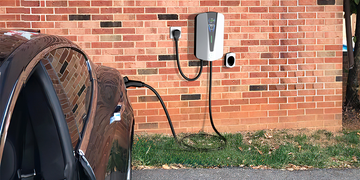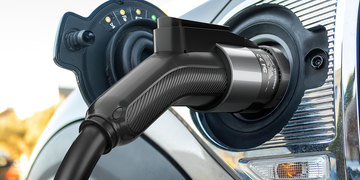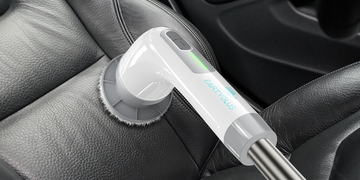Is it cheap to charge an electric car at home? Many consumers worry about access to public charging stations while out and about. But as much as 90% of electric car charging is done overnight at home, which is almost always the cheapest way to charge an electric car. Charging an electric car at home can generally be more cost-effective compared to traditional fueling methods, depending on various factors. The cost of charging depends on your local electricity rates, the efficiency of your electric vehicle (EV), and the charging equipment you use.
One common question among prospective EV owners is whether it is cost-effective to charge an electric car at home. In this article, we will explore the factors that contribute to the cost of home charging and examine how it compares to traditional fueling methods.
Electricity Rates:
One of the primary factors influencing the cost of charging an electric car at home is the local electricity rates. These rates can vary significantly depending on your location and the time of day. Many utility providers offer tiered pricing, with lower rates during off-peak hours. Charging your EV during these times can result in substantial cost savings, making home charging more economical.
EV-Specific Electricity Plans:
Some utility providers have recognized the growing number of electric vehicles on the road and introduced specialized electricity plans tailored for EV owners. These plans may include discounted rates for charging your vehicle, further enhancing the affordability of home charging. It's advisable to check with your local utility provider to explore if such plans are available in your area.
Charging Equipment:
The cost of home charging also depends on the type of charging equipment you have installed. There are generally three levels of charging: Level 1 (120-volt), Level 2 (240-volt), and Level 3 (DC fast charging). Level 1 chargers are the slowest but often the most accessible, while Level 3 chargers provide rapid charging but are less common for home use. Level 2 chargers strike a balance between speed and convenience. The type of charger you choose will impact the overall cost of home charging.

Off-Peak Charging:
As mentioned earlier, charging an electric car during off-peak hours can result in significant cost savings. Many utility providers define off-peak hours during times when overall electricity demand is lower. Taking advantage of these hours not only benefits your wallet but also supports the stability of the electrical grid.
Comparison with Traditional Fueling:
To truly assess the cost-effectiveness of home charging, it's crucial to compare it with traditional fueling methods. The cost of electricity per mile traveled in an electric vehicle is often lower than the cost of gasoline. Additionally, EV owners may have access to government incentives or rebates, further reducing the overall cost of owning and operating an electric car.
Is it cheap to charge an electric car at home? In conclusion, charging an electric car at home can indeed be a cost-effective option for many owners. Factors such as local electricity rates, EV-specific plans, charging equipment, and off-peak charging all play a role in determining the overall cost. As the infrastructure for EVs continues to expand, home charging is likely to become even more accessible and economical, contributing to the widespread adoption of electric vehicles and a greener future.





